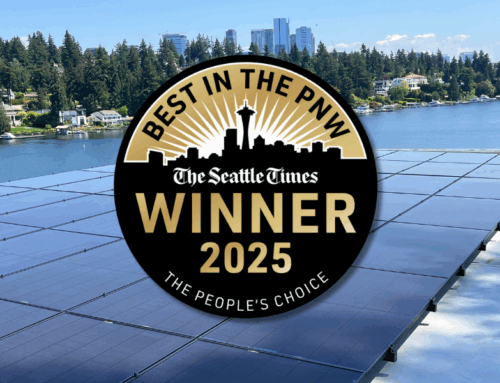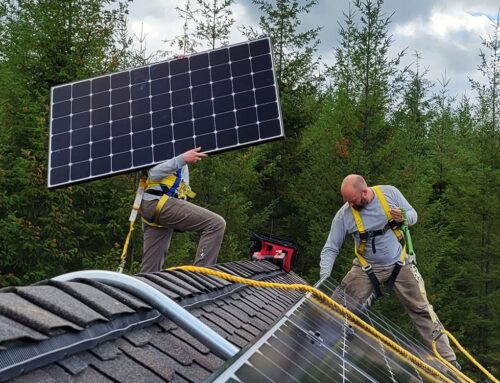| While the Investment Tax Credit (ITC) is an incentive for residents and businesses to go solar, the current structure of the program increases the economic, social, and health disparity between low-to moderate-income homeowners and those of higher means.
LOW TAX LIABILITY = ITC IS LESS BENEFICIAL
Low-income households likely do not owe the federal income taxes to fully benefit of the ITC for residential sustainable energy purchases. It keeps them dependent on the utility and ever-escalating energy costs.
MORE OF THEIR INCOME GOES TO UTILTY BILLS
Those in disadvantaged communities and low-income households pay a disproportionate amount of their income on energy and are most at risk of the effects of climate change.
DIRECT PAY CREATES EQUITABLE ACCESS TO SOLAR
A direct pay option in 25D enables residential customers to access the economic and health benefits of clean, sustainable energy.
What Direct Pay for Section 25D homeowners will accomplish:
- Low- and moderate-income households receive their entire subsidy in a single year, freeing up their capital for the solar purchase.
- Increase energy independence in under-served markets.
- Guarantee lower and more reliable electric bills for families that need it most.
- Create local jobs in solar, a high demand, growing industry.
- Mitigate the impact of catastrophic climate change.
Join more than 300 environmental justice advocates, environmental groups, and renewable energy companies in demanding that Congress offers a direct pay option for residential efficiency property tax credit (Section 25D).
SIGN THE LETTER TO CONGRESS
>Direct Pay for 25D Residential Energy Efficient Property Tax Credit<
Contact your elected representatives — CLICK HERE to find them.
At Sunergy Systems, we believe in solar and its life-changing affects.
|









